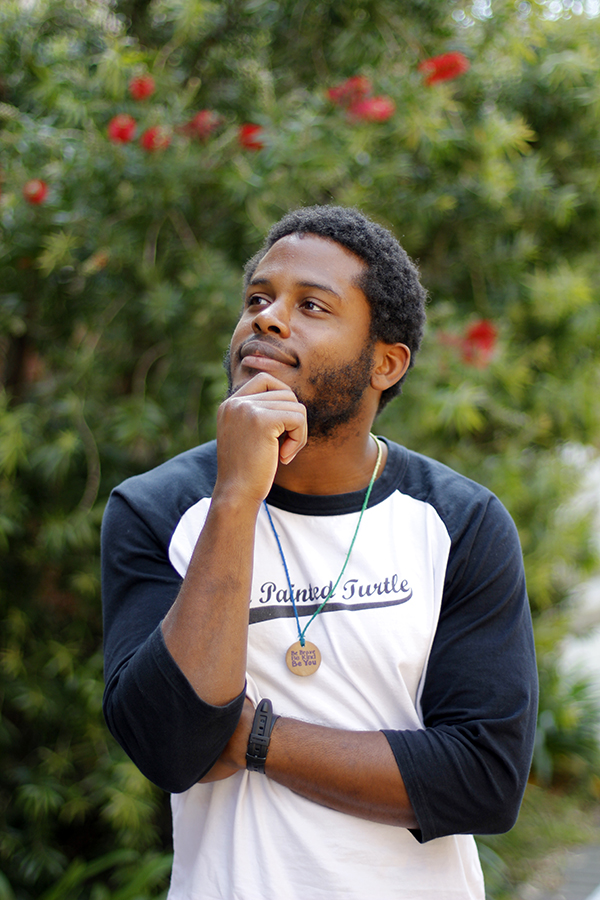Center Spotlight: Brian Menard
 |
Brian Menard Age: 21 Hometown: North Port, FL Year: Senior Major: Psychology |
Brian Menard is a psychology major with an unparalleled passion for helping students through leadership, service and research.
Menard first became involved with the Center for Leadership & Social Change as a community outreach facilitator, helping students and nonprofit organizations connect and work together toward continued service. His love for the program and interest in continued leadership and service propelled him to later become involved in other center programs, including the ACC Student Leadership Symposium, Service Leadership Seminar, multiple community dialogues and the Multicultural Leadership Summit.
His devotion to leadership led him to become a leader for both Honors Colloquium and the Undergraduate Research Opportunity Program. As a leader, he gained the skills to facilitate workshops, develop curriculum and establish open dialogues, and he has gained a passion for engaging with students. Due to his varied interests and extensive work around campus, Menard has been able to aid students in finding organizations and programs that foster their own passions and interests.
“When I interact with students in RENEW, in HSF or in my honors colloquium, and they have interests to serve more, to go abroad, to work with a non-profit, to go on an exchange, or to engage with research, I can refer back to the programs I’ve been surrounded by and involved in,” Menard said.
As a senior, Menard has helped launch a new program at the center called Social Change Peer Educators. Educators provide workshops on various topics such as identity, diversity, leadership and social justice issues for organizations across campus.
During the fall semester, Menard and his fellow facilitators created the content, titles, and levels for these workshops. He also trained on how to develop learning and program outcomes, to identify campus partners interested in workshops, to utilize center resources for future programming, to assess how social justice oriented peer education programs at other institutions market and serve their students, and to present the Social Change Peer Educators to center staff and partners. The team has facilitated workshops to SGA, Freshman Interest Group courses, and student leaders from the Community Ambassador Program.
The new program has had a significant impact on Menard’s experience as a student leader.
“The intersection between my identity and leadership style significantly complement each other,” he said, “and that’s something that I feel that every potential student leader deserves to experience.”
As his time at FSU comes to a close, Menard has come to realize how transient students are and how that transience makes sustainable work more important. “Obviously you are only here until you get your bachelor’s. Even if you return as a master’s student, graduate student, faculty or staff, you won’t be able to have the same impact that the undergraduate can,” he said. “So, how can you make an impact in the limited time you have and make sure that once you leave the work is still sustainable so that other folks can carry on with it or make it even better?”
Menard is currently looking into research and policy on education for undocumented students and their access to higher education.
“You want make sure that education is accessible to anyone who is interested in pursuing it,” he said “What is their experience like? How do we make sure that they can stay in university? How do we make sure that they can be successful after they graduate?”
Menard plans to carry this research interest into graduate study. After taking a service-focused gap year, he plans to attain master’s and doctoral degrees in Student Affairs.
Menard's experiences in the center and with other campus programs have helped shape his growth as a student leader.
“Being involved on and off campus," he said, "engaging in developmental programs like Service Leadership Seminar, Multicultural Leadership Summit, or LeaderShape, and constantly diversifying the communities you interact with are some of the most impactful learning environments that any leader can have.”

